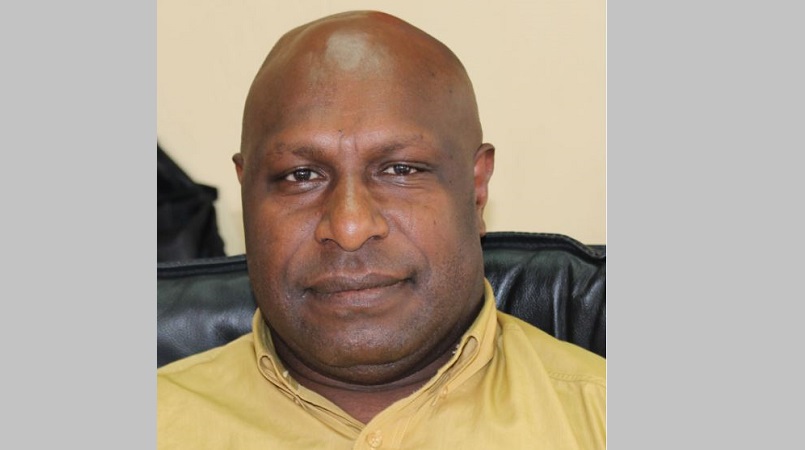
THE Coffee Industry Corporation (CIC) will engage over 15,000 more households in coffee rehabilitation work following a recent announcement of 19 new partnership agreements totalling K32.2 million.
The agreements under call 4 proposals will see current and new private sector firms or organisations partner coffee component of Productive Partnerships in Agriculture Project (PPAP) to help farmers improve their coffee gardens with appropriate practices and training.
The project is aimed at improving coffee yield and quality which has declined over the years. At the farmers’ level, it means more income to improve their wellbeing.
The 19 new partnerships will cover additional 15,606 households totalling 7,803 hectares.
Chief Executive Officer of CIC Charles Dambui this week signed the 19 partnership agreements following approval of final call for submissions by PPAP board or Industry Coordination Committee in its meeting in Goroka on October 4, 2016.
“The PPAP is producing some remarkable results in a very short and I’m excited to see its extension to help our rural farmers who rely heavily on coffee trees to survive. This is the core objective of our PPAP program,” says Dambui.
PPAP is a CIC project through the Department of Agriculture & Livestock financed by a loan facility from World Bank (IDA) and IFAD (International Fund for Agricultural Development) with support from PNG Government.
Dambui acknowledges the financiers including GoPNG for funding coffee improvement activities which now involves 44 partnerships covering 10 coffee growing provinces namely Eastern Highlands (17), Simbu(3), Jiwaka(6), Western Highlands(4), Enga(3), Southern Highlands(3), East New Britain(1), Morobe(2), Madang(4) and East Sepik(1).
The total number of households participating in the project from call 1 to 4 so far is 35,161. The break-up as per call is as follows: call 1-5737, call 2-7926, call 3-5892 and call 4-15,606 households covering 17,580 hectares in 10 provinces. Total funding for the project including call 4 is K59,502,637.
Project Manager Potaisa Hombunaka is confident of the CIC-PPAP Project Management Unit based in Goroka with a sub office based at CIC Panga station in Jiwaka to deliver the results in partnership with Lead Partners as demonstrated in call 1 to 2 since commence of project in 2011. The Lead Partners comprise coffee processors, exporters, NGOs, Community-based organizations, and Faith-based organisations namely the Anglican Church of PNG (Aipo Rongo Diocese) and Catholic Church (Wabag Diocese).
“It’s a loan project and is appropriate that we extend the benefits to as many farmers as possible.
“The CIC-PPAP board is confident with our effort to deliver as per the public-private partnership arrangement, a template we’re developing in the process which has received praise from many sectors, the Department and Ministry of Agriculture & Livestock and PNG Government.”
Hombunaka emphasis the partners will follow the World Bank process and procedures on how to plan, appropriate and account for the funds allocated under the project.
“In terms of governance the PPAP model is being recognized as being of high standard and as long as we work together we can improve the wellbeing of our farmers. This is the expected outcome of this project.”
The signing of respective contracts with Lead Partners will take place in respective provinces in the next three weeks.
“Issues of governance is important for this project. This is to ensure Lead Partners are accountable and we do it right,” says Hombunaka.
Picture: Chief Executive Officer of CIC Charles Dambui.
